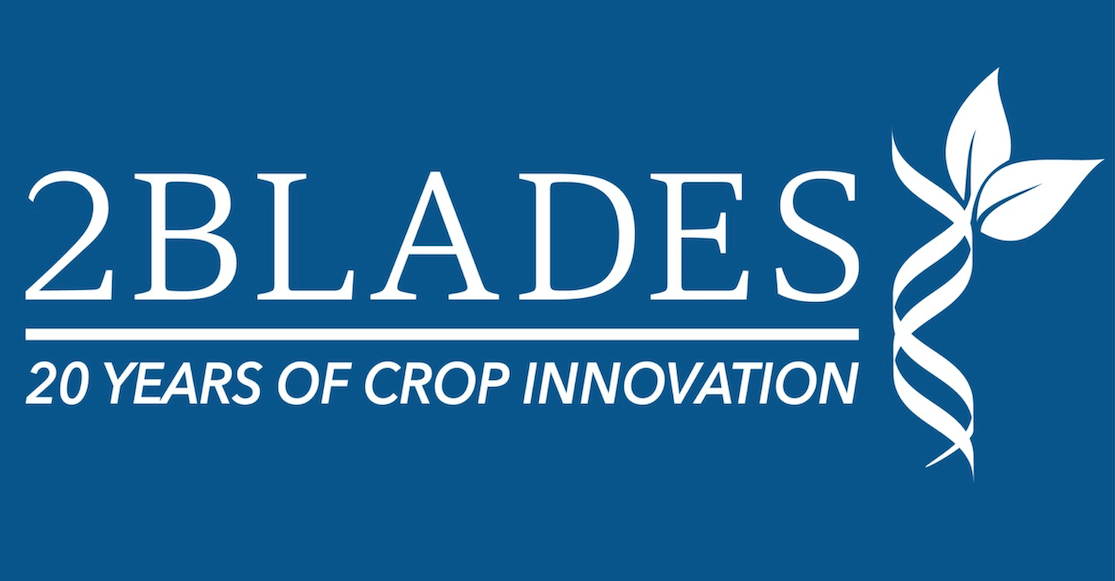New Brighton (Minnesota, USA) and Evanston (Illinois, USA) — Cellectis plant sciences, a Minnesota-based company focusing on developing healthier food products, and the Two Blades Foundation (2Blades) today announced the execution of a non-exclusive cross-license agreement relating to TAL nuclease technologies.
Pursuant to the agreement, 2Blades receives a license to TALENTM technology for not-for- profit uses, including use in 2Blades’ humanitarian efforts to support subsistence farming, and for certain commercial applications related to the disease resistance programs of 2Blades. In addition, pursuant to the agreement, Cellectis plant sciences receives a license under 2Blades’ TAL Code technology related to nucleases for commercial uses in certain specified crop plants. Cellectis plant sciences has an option to expand its license to additional crops. Financial terms of the agreement were not disclosed.
“2Blades is pleased to enter into a cross-licensing agreement with Cellectis plant sciences,” said Diana Horvath, 2Blades’ President. “It streamlines the use of this powerful gene-editing technology in agriculture, fitting well with 2Blades’ interest in seeing broad use of the technology for a wide range of commercial and subsistence applications that we believe will benefit farmers and consumers.”
“We are delighted to collaborate with the Two Blades Foundation to support its humanitarian effort to reduce the impact of plant diseases in developing countries,” commented Luc Mathis, Chief Executive Officer of Cellectis plant sciences. “The agreement also provides a unique foundation for the commercial development of healthier food products with the objective to expedite their availability to consumers.”
The TAL Code technology and TALENTM technology are useful tools that target genes at precise sites and enable specific regulation of gene expression. The technology is based on novel DNA-binding proteins that can be designed to cleave at any selected region in any gene.
The TAL Code technology is covered by patents and patent applications based on the international application WO 2010/079430, which names as inventors Ulla Bonas, Jens Boch, Thomas Lahaye, and Sebastian Schornack of Martin-Luther University in Halle, Germany. The Two Blades Foundation holds exclusive, worldwide rights for commercial uses of the technology in plants and has undertaken a broad licensing program involving this technology.
 2Blades
2Blades